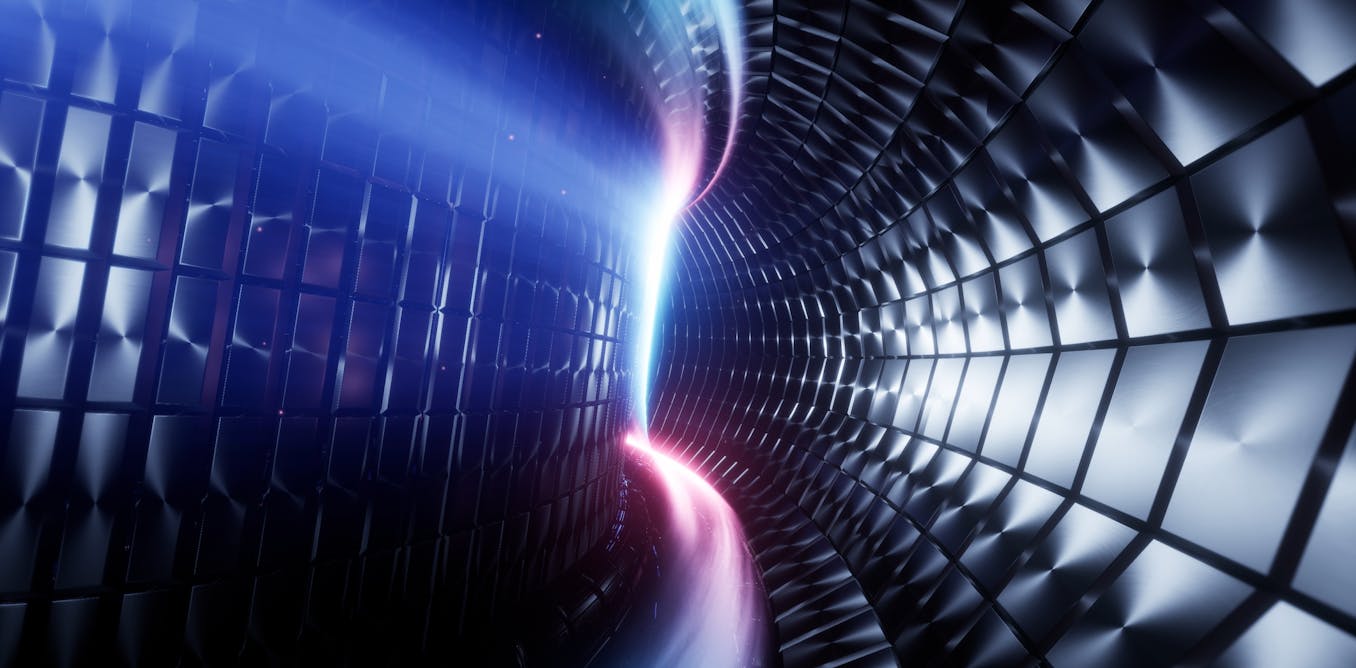nuclear power produces long-lived radioactive waste, which needs to be stored securely. Nuclear fuels, such as the element uranium (which needs to be mined), are finite, so the technology is not considered renewable. Renewable sources of energy, such as solar and wind power suffer from “intermittency”, meaning they do not consistently produce energy at all hours of the day.
fusion technologies have yet to produce sustained net energy output (more energy than is put in to run the reactor), let alone produce energy at the scale required to meet the growing demands of AI. Fusion will require many more technological developments before it can fulfil its promise of delivering power to the grid.



If only we had some way of storing energy for use later. Oh well.
Lithium batteries and their associated wastes and byproducts are an ecological catastrophe though in fairness
We do not currently have the battery tech to have a fully renewables-powered grid where batteries are used for the regular dips in production wind and solar have.
We likely won’t have infrastructure like that in place for decades.
Do you know what they do in Norway with out-of-use old mines? They lift a load when there’s energy to be stored. They lower it when there’s energy to be spent. I’m sure you know how electric engines work and that the conversion is symmetric.
No battery tech involved.
Battery tech is in general mostly relevant for autonomous devices we carry, for airplanes and ships, for cars.
For the central grid the ways to store energy are almost inifinite.
In situations where that’s feasible, it’s good. But it’s far from feasible all the time.
You certainly couldn’t replace all existing fossil fuels with it, or even scratch the surface really.
Norway can do stuff like this because they have the geography for it, as well as a population that’s like a 15th of the UK or a 60th of the US. They don’t actually need much energy.
They need heating at winter and they have datacenters and a lot of renewable energy.
Also the principles I’ve described is applicable for everything non-autonomous, and one could think of “electric” cars (a bit like trams) which would use contacts on the ground for energy, while when they’d need to be autonomous, they’d use batteries or ICEs.
That kind of “mechanical energy storage” can be created everywhere. I mean, water reserves with hydroelectric stations downstream are already used for that purpose, but for those you need water.
Efficiency is a bit of a problem - you have to maintain the mechanical parts, you first use energy to lift something with losses and then generate energy from letting it slide back…
That’s all a bit off topic, really.
What’s important is that there are ways around lithium for a lot of energy usage of our civilization.
Yes, they need heating in winter… for a tiny population. And they have very little in the way of data centres.
Again, these are only suitable depending on the environment you’re in. E.g. pumped water storage is only effective if you have the terrain to allow for it (a large hill or mountain with space for a large body of water).
I never said lithium was an outright requirement. I said batteries can’t currently take the planet off of fossil fuels, then I said that other energy storage systems are very dependent on the location.
E.g. despite there being a lot of rainfall in the UK, there are only 3 places suitable for pumped water energy storage. It can’t be relied upon for powering a country unless you’re phenomenally fortunate with geography.
Well, I can think of the inverse - separating a piece of coastline and pumping seawater out when you have excess energy, letting it back in via turbines to get energy. In that context UK does have fitting terrain, it’s just underwater.
Seawater is very nasty to machinery though.
Tidal power continues to be researched, but it’s proving very difficult, currently completely unviable. It certainly cannot replace all non-renewable energy.
I didn’t mean tides. I meant a dam separating an area, from which water is pumped out to “store” energy, and let in through generators to “spend” energy.
Can you back this up with links to reputable sources?
Can you back up your original claim - that we can sufficiently power all of our grids with current batteries, and that current battery manufacturing is enough to do so?
With reputable sources.
That’s not how this works. You made a tall claim, without sources. Now it seems you’re not willing to provide proof to substantiate it. Why?
You made a tall claim, and still haven’t substantiated it. Why?
Show me this proof that we have the batteries to eliminate all fossil fuels.
This you?
Put up or shut up.
Right, and I replied to a comment where you claimed we can just use batteries to replace everything but renewables.
Put up or shut up. Where’s the data?
No, I said this
Not this, as you claim
Why are you making stuff up?